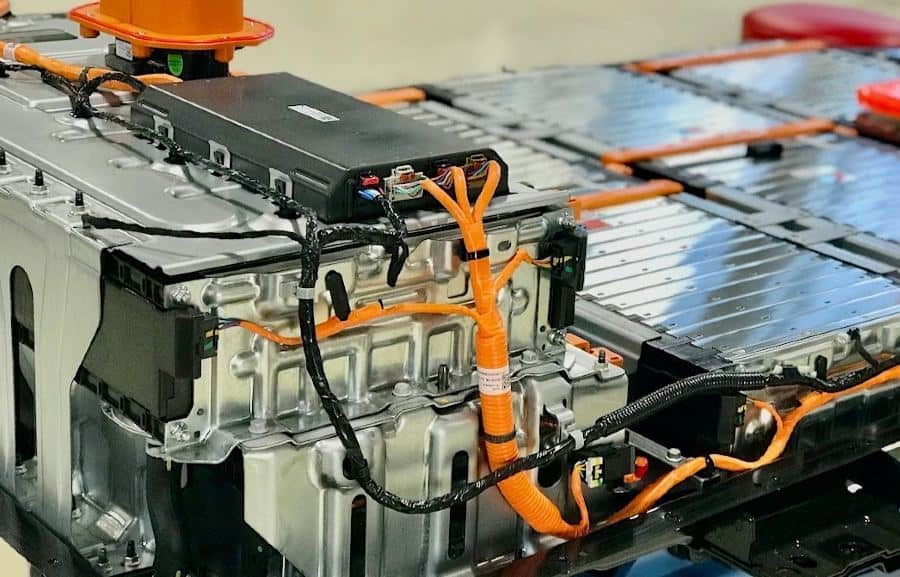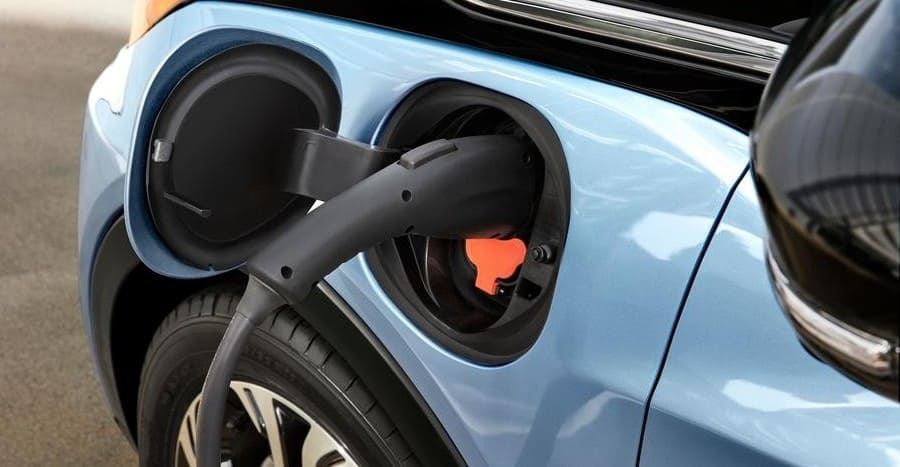It is a fire hazard when the Chevrolet Bolt EV car battery overheats and catches fire. This can happen if the car battery is allowed to overheat while the vehicle is charging or in use. If the battery overheats and catches fire, there is a possibility of a fire or explosion that can cause serious injury to the people inside the vehicle. There is also a possibility of your property damage and damage to nearby property. Know all about the GM chevy bolt battery recall from our lemon law lawyer San Diego.
Why is the Chevy Bolt being recalled?
The Bolt has been on sale since last year, but the manufacturer is still struggling with glitches and issues. The Chevy Bolt vehicles suffered a major setback when GM recalled all of the cars it had sold to date after discovering faults in their battery cells. Specifically, a torn anode tab and folded separator could lead to increased fire risks.
However, GM has taken action to resolve this problem by instructing owners not to charge their vehicles beyond 90% and ensuring they park outside overnight once they have been charged in order to mitigate any additional fire-related risks but unfortunately these actions did not appear to be effective. On a regular basis, there were reports of the car’s battery catching fire, and the National Highway Traffic Safety Administration has issued a recall for the problem.
GM’s advice to Chevy owners before the software update
- If a customer’s electric car states that it is set to charge all the way to 100 percent overnight then they must have their vehicle set to only charge up to 90% so as not to start catching fire like previous Chevy vehicles; instructions on how you can do this may be found on Chevy’s recall page. If you already have the latest software update then you will be at no risk of catching fire.
- Charge the vehicle more frequently and try not to let the battery go below 70 miles (113 kilometers) remaining range.
- Do not charge the vehicle indoors overnight and park the vehicle outside immediately after charging the vehicle.
The total recall now includes over 141,000 of its all-electric vehicles over six model years, a problem that has frustrated GM. GM said it will look at ways to improve the battery software, and early next year will offer to install kits with new settings at no cost to the owner. More than a dozen fires in Bolt EVs have been publicly identified. Till date, no injuries or deaths have been added to the problem.
Which vehicles are being recalled?
GM announced replacement of all modules in 2017-2019 Bolt EVs and defective modules in 2020-2022 Bolt EV/EUVs. The electric motors are separate from the battery pack and therefore don’t need to be replaced, however other parts including the vehicle’s case, electronics, and wiring will be upgraded as part of this process. These upgrades will also come with an eight-year limited warranty which will apply to the entire EV promising more peace of mind for drivers.
There are around 141,000 Chevrolet Bolt and Bolt EUV EVs being recalled from the year 2017 and 2022 models. These models will be fixed with a software and a hardware update and it will be done free of cost by the manufacturer.
Is your vehicle a lemon because of a defective battery?
If your Chevy Bolt EV or EUV is among those affected by the defective battery issue, it’s important not to panic. There are criteria that must be satisfied in order to consider your EV a lemon under California state law:
- The number of repair attempts must exceed a certain amount;
- The vehicle must be out of service for at least 30 days; and
- During this time, there must be no reasonable assurance that the problems will ever go away
In the state of California, a vehicle is considered to be a lemon if the defect already presents itself within 18 months of the vehicle’s delivery or if it has been driven for at least 18,000 miles. It’s essential to keep in mind that there is a statute of limitations by which one is required to file lawsuits regarding lemon law claims with the California Department of Consumer Affairs after the defect was first discovered.
Wrapping Up
The Chevy Bolt is a very popular car and although there have been some issues with the battery, the safety and the quality of the vehicle remain a high priority for GM. If you believe your Chevy Bolt may be unsafe, contact our San Diego Lemon Law lawyer from McMillan Law Group today to find out if you are entitled to compensation.


